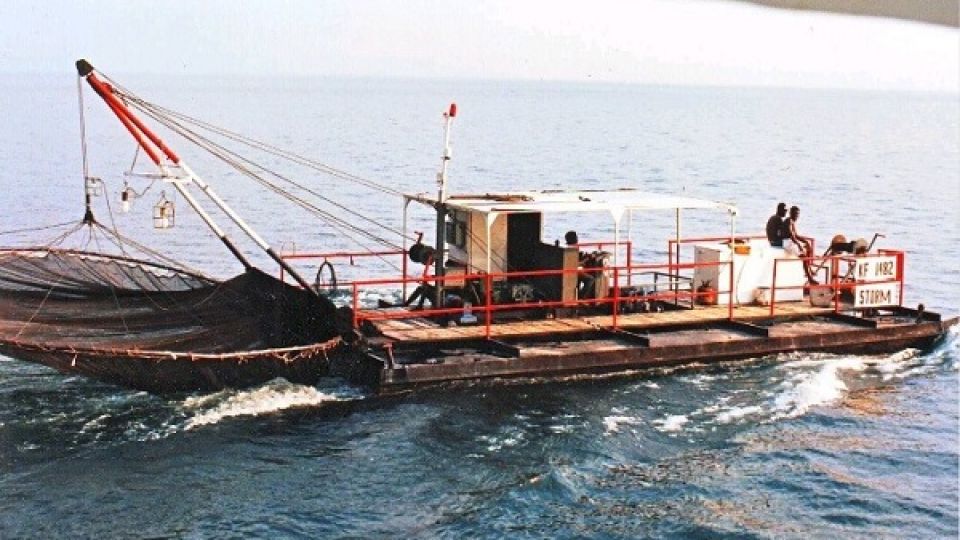from ESTHER SHAVI in Kariba, Zimbabwe
Zimbabwe Bureau
KARIBA, (CAJ News) – THE alarm bell is ringing out about overfishing at the world’s largest manmade lake amid increased demand for fish, inadequate fishing regulations and lax enforcement of regulations.
The problems are rife in Lake Kariba, located on the border of Zambia and Zimbabwe.
For around 60 years, it has been a vital resource for local communities and an important fishing hub.
However, concerns have recently arisen regarding the sustainability of fishing practices in the lake, with the Food and Agriculture Organization (FAO) expressing concern.
According to the FAO, overfishing occurs when fish are harvested at a rate that exceeds their natural reproduction ability, leading to a decline in fish populations and ecosystem imbalances.
This issue has become a pressing concern in Lake Kariba, as increased demand for fish, combined with inadequate fishing regulations and enforcement, has put immense pressure on the fish stocks.
Fishermen, who heavily rely on the lake for their livelihoods, have witnessed the consequences firsthand.
Simon Chimombe, a local fisherman, recalls a noticeable decline in fish size and quantity over the years.
“We used to catch large quantities of fish easily. Nowadays, we have to venture deeper into the lake and spend more time fishing to get a decent catch,” said Chimombe.
Authorities, recognizing the urgency of the situation, have taken steps to address the challenges of overfishing in Lake Kariba.
The Zimbabwean Parks and Wildlife Management Authority (ZPWMA) and the Zambian Department of Fisheries (DoF) have partnered with local communities and international organisations to implement several initiatives aimed at achieving sustainable fishing practices.
One solution being advocated by authorities and echoed by the FAO is the establishment of fishing quotas and restrictions on fishing gear.
By setting limits on the amount of fish that can be caught, as well as regulating the types of fishing gear used, it is hoped that the pressure on fish stocks can be alleviated.
Additionally, the ZPWMA and DoF have increased efforts to enforce existing regulations and promote compliance among fishermen.
Furthermore, the implementation of community-based fisheries management systems is being explored.
These systems empower local communities to actively participate in decision-making processes regarding fishing practices, allowing for the creation of sustainable fishing plans that take into account the ecological balance of the lake.
In terms of alternative income generation, authorities have also been promoting fish farming as a viable solution.
By providing training, infrastructure and financial support to interested individuals and communities, aquaculture projects are being established as an alternative to overreliance on wild fish populations.
While challenges remain and progress is gradual, the joint efforts of fishing communities, authorities, and international organizations are promising steps towards ensuring the long-term sustainability of fishing practices in Lake Kariba.
By embracing comprehensive measures that combine responsible fishing practices, community involvement and alternative income sources, there is hope for the restoration and conservation of this vital ecosystem.
As the fate of Lake Kariba’s fish stocks hangs in the balance, the collaborative efforts of all stakeholders hold the key to a sustainable future for both the fishing industry and the ecological health of the lake.
– CAJ News

